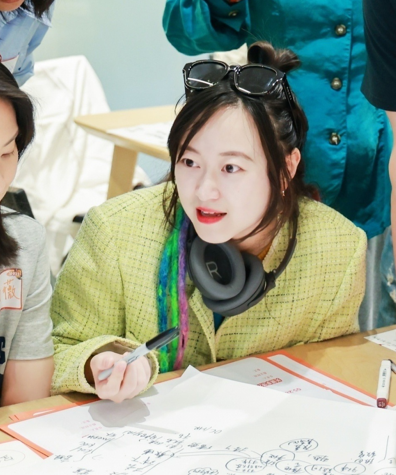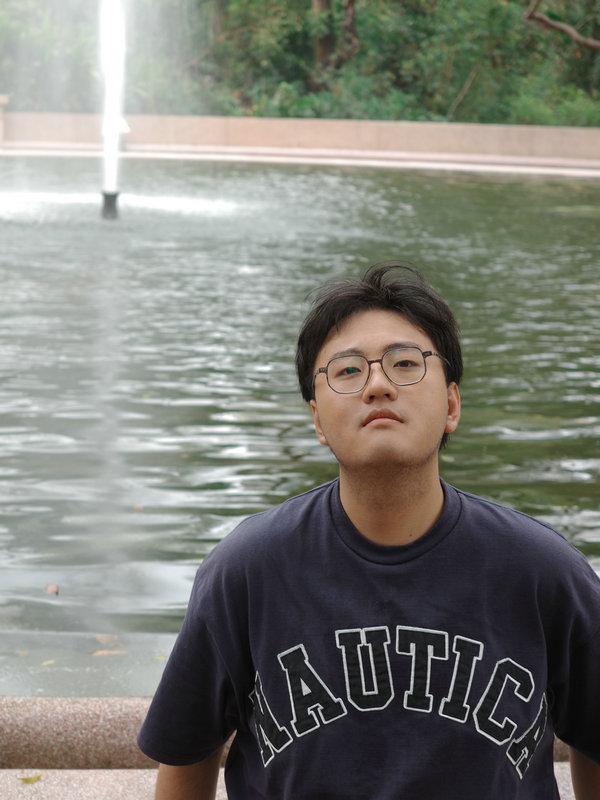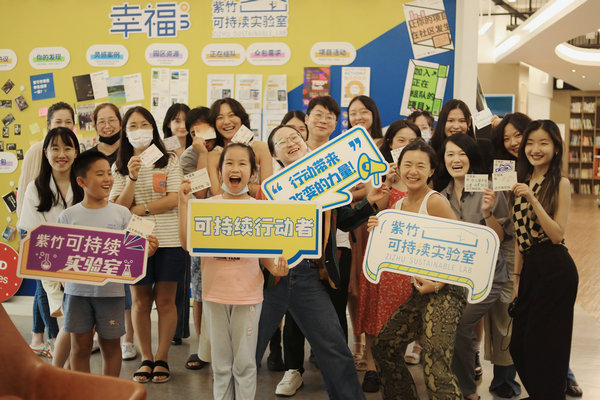ANN/CHINA DAILY – Weekends often unfold in a flurry of social gatherings, dining excursions, movie nights, and retail therapy sessions. Such was the routine for 27-year-old Chen Lingyi, a Shanghai native, until three years ago.
Newly launched into her career post-university, Chen was dismayed to discover that despite her efforts to squirrel away savings, her bank balance remained perpetually scant.
In a moment of reflection, she came to a sobering realisation: every facet of urban existence appeared to demand a monetary toll, rendering “leisurely weekends” synonymous with unchecked consumption.
“Walking on the streets, it felt like every shop window had its own price tag,” she said.
However, cities are abundant with resources, so Chen started to wonder whether there were alternative ways to utilise urban spaces beyond consumerism.
Driven by curiosity and a determination to make a change, Chen and 26 friends established The Gratis interest group in May 2022. They launched a social experiment project titled “100 Ways to Enjoy a Weekend in a Big City Without Spending Money”.
The group members dubbed themselves “free-range chickens”, drawing inspiration from chickens that naturally forage for food, living off farm leftovers or pecking at small insects in open grasslands, resulting in a firmer meat texture due to their constant movement.
“When we came across the term ‘free-range chicken’, we were thrilled because it aligned perfectly with our identity,” Chen recalled.

UNLOCKING FREE WEEKENDS
The 27 “free-range chickens”, all in their 20s and from diverse backgrounds, including students, designers, architects, artists, and scholars, shared a common inquiry: Is spending money the prevailing approach to weekend activities nowadays? Why are lifestyles consistently intertwined with consumption? How has urban space evolved?
By distributing questionnaires to the public, they uncovered numerous surprising ways to enjoy weekends without spending money, such as dancing and exercising on a park lawn with a speaker, hosting book clubs and movie screenings at home, collecting stones by the river, interacting with small animals on the roadside, volunteering at temples, or even becoming a hair model for a free haircut.
Chen herself also began to pay closer attention to the free resources around her. She discovered that some flower shops offered free flowers to passersby, and some coffee shops or barber shops displayed signs like “Free Coffee” or “Free Haircut”, offering practical training opportunities to their new staff.
Among these ideas and tips, the purpose of not spending money was the main topic of consideration for The Gratis members.
“Not spending money doesn’t mean not giving anything. Rather, it makes us realise that money is not the only currency,” said Zhang Congzhi, 23, a graduate student at the University of Hong Kong.
A Ting (pseudonym), another member of the group, hopes that the satisfaction of not spending money won’t come from the excitement of “taking advantage” or “finding bargains”, but from an awareness and control over one’s desires and choices.
Chen quoted Kevin Kelly, co-founder of Wired magazine, who said, “Access is better than ownership.” Kelly argued that free things don’t generate a strong sense of ownership, and not owning things frees people from the responsibilities of care, maintenance, organisation, cleaning, and storage.
Behind these perspectives lay the personal stories, research, and reflections of The Gratis members. Feeling that there was so much to share on this topic, they collectively produced a magazine titled Spending Time Alone Without Spending Money.
This magazine is not for sale; instead, it is freely distributed to various locations such as bookstores, libraries, coffee shops, and co-working spaces. Currently, over 80 venues offer this magazine, covering major cities like Beijing, Shanghai, Guangzhou, and Shenzhen, as well as smaller towns including Zhangzhou in East China’s Fujian province, Lijiang in Southwest China’s Yunnan province, and Huangshan in East China’s Anhui province.
FORMULA FOR LEISURE
The Gratis members boiled down their experiences to a formula for enjoying weekends in big cities without spending money. This blueprint involves four core free resources: urban spaces, public services, sharing of goods, and creative activities.

Zhang, a social science major with a focus on Media Culture and Creative Cities, delved deep into people’s interactions with urban environments. He discovered that modern urban spaces often cater to consumer behaviour, leading people to naturally trust places designed for consumption.
For example, he conducted a survey on park toilets and found that despite many meeting sanitation standards, people still subconsciously perceived them as unclean, preferring to use restrooms in shopping malls.
Hong Kong’s community libraries provide another interesting example. Zhang pointed out that they coexist with vegetable markets within buildings, typically situated on the top floors. However, he observed that many of the seats were often left unoccupied. “People’s use of public spaces is very limited,” he said.
Zhang emphasised the importance of true communication and interaction between individuals and their urban environments. He mentioned that for many young people, the act of travelling has become quite mechanical: they follow guides, snap a photo upon arrival, and then move on.
“This approach shows a reluctance to truly engage with the city, opting instead to follow certain conventions and routines. Personally, I prefer not to have a predetermined destination or schedule,” Zhang said.
He shared a memorable experience from last summer when he gained a fresh perspective on his hometown, Rizhao, East China’s Shandong province, through walking. It took him 2.5 hours to walk from the westernmost to the easternmost coastline of this seaside town. Along the way, Zhang noticed how two rivers divided the city and how the living environments of the local residents varied in different neighbourhoods.
For Zhang, open urban spaces not only provide opportunities for leisure activities without spending money but also bring the joy of exploration and contemplation.
As for the second element in the prescription — public services — it offers even more benefits to city residents. People can easily find affordable or even free night school courses and community dining halls in many cities.
The philosophy of the group, “access is better than ownership”, promotes the sharing of goods, prolonging their lifespan and usefulness while also saving money. Chen regularly shares her wardrobe with friends and often hosts exchange parties to swap idle items, skills, and even knowledge.
The last element, creative activities, emphasises human initiative. “But don’t feel pressured as if you have to do something grand,” Chen explained. “Any small act that disrupts the routine can be considered a creative activity. Just stir up a bit of trouble for yourself, like joining a dance in the streets.”

Looking back at the past year and a half of carrying out their program, Chen realised that she has developed a new understanding of managing money.
“Most of us never learned how to manage our relationship with money during high school or university, so I was very anxious at first when I had little savings. But now, I understand that one’s attitude toward money is like a spectrum, with uncontrolled spending on one end and extreme frugality on the other,” she said.
Looking ahead, she expressed a desire to participate in more activities and to release a second magazine, with the goal of establishing a healthy relationship with money.
“Through collaborating with other ‘free-range chickens’, I’ve discovered that the camaraderie we share is what motivates me,” Chen said.
Zhang also highlighted how his participation in The Gratis project had opened him up to meaningful communication with others. He came to understand that the bond between people goes beyond financial exchanges and is, instead, rooted in a shared sense of creativity.
“We’ve committed to try our best to enhance public spaces, making life more comfortable for everyone. This, in turn, also enriches our personal lives, leading to countless moments of joy and fulfilment,” he said.






